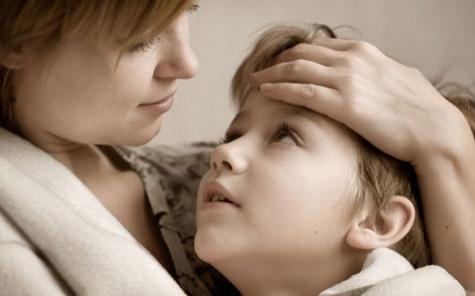Ms Loopstra, a PhD psychology researcher at the Queensland University of Technology (QUT), is surveying parents about the strategies they use to help their children cope with pain.
"Often parents aren't considered as experts in pain relief, but they certainly have a huge influence on kids when they do go through medical procedures," Ms Loopstra said.
"If we can work out what's behind these strategies we can really cater to parents and children within the context of any kind of acute pain.
"That can be during medical procedures, or it can be at home."
Ms Loopstra said most parents struggled to deal with their own emotions when their child was in hospital facing painful procedures.
Including parents in a strategy to manage pain could complement pain relief given during medical procedures for a better outcome, Ms Loopstra said.
It was important for parents to remain calm while their child underwent treatment, she said.
"It's really the parent's state of mind that's so important," she said.
Ms Loopstra said studies had shown it was important for very young children to learn how to cope and not be emotionally overwhelmed by pain, or they may fear medical procedures or avoid treatment later in life.
As part of the research, Ms Loopstra went to a Queensland children's hospital emergency department to interview parents whose of children about to have an intravenous needle or a nasogastric tube inserted.
The research, which will continue to be carried out using an online survey, is investigating how parents of children aged three years or younger help them cope with pain.








 Agree (0)
Agree (0) Disagree (
Disagree (










__small.png)










